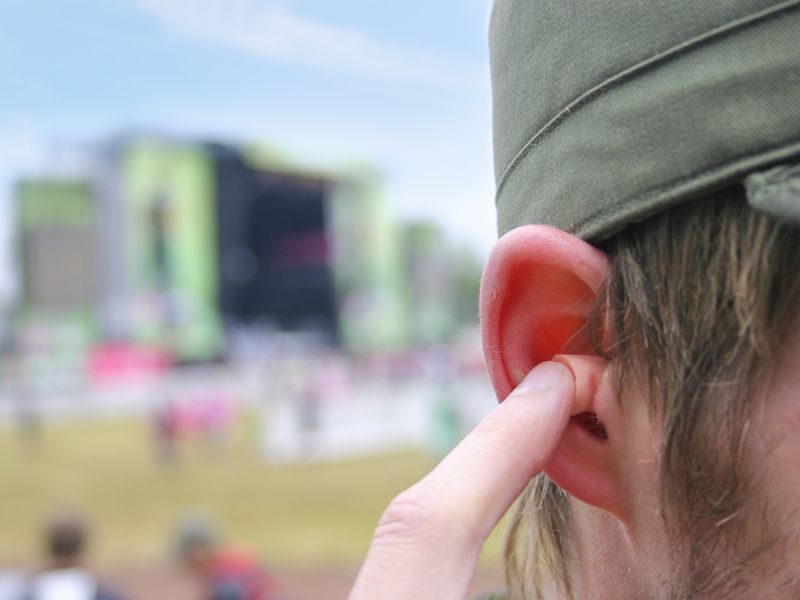
If you’re exposed to loud sounds, for example using a lawnmower in your yard, going to a venue to see your favorite band play, or simply sleeping at home beside a snoring spouse, earplugs may be helpful. Decreasing the volume is the way earplugs can help in the first two circumstances. In the last case, they reduce the decibels and help protect your sanity (and maybe your relationships) by permitting you to get a good night’s sleep. But are these ear protectors, in fact, hurting your ears?
What’s The Point of Utilizing Earplugs?
It’s a fairly simple argument for using earplugs: When used properly, earplugs can limit your exposure to extreme volume levels and thereby protect your ears. Maybe you’ve noticed that your hearing seems different when you leave a loud venue, for instance, a football game with a loud crowd, and you might also suffer from symptoms of tinnitus. This occurs because those extremely loud noises can actually bend the tiny hair cells inside of your inner ear. It usually goes away within a day or two, because the hair cells have recovered.
But in some circumstances, there is a constant assault on those little hairs, particularly if you work in a noisy trade like construction or around jet planes. In this situation, those hairs don’t get better, they are permanently damaged. inside of each cochlea, you have approximately 16,000 of these tiny hair cells, but up to 50% of them can be ruined or at least injured before you would see the change in a hearing assessment.
How Could Your Ears be Damaged by Using Earplugs?
That being said, you’d think that using earplugs would be an obvious choice with regards to protecting your hearing. But if your subjected to loud noises on a day to day basis, this seems even more obvious (like on the job or when your spouse snores as mentioned), over-the-head earmuffs or noise-reducing (but not completely stopping) headphones are a smarter option. Earplugs are better suited to one-off situations like a sporting event or concert than for regular use.
Why? The first problem is, earwax. Your ears create wax to protect themselves, and if using earplugs is something you do constantly, more earwax will be created, and you probably will jam it in with the plugs. Tinnitus and other concerns can be the outcome from impacted earwax.
An ear infection can be another problem for people who wear earplugs. If you repeatedly use the same pair, and you fail to clean them between uses, they can become breeding grounds for bacteria. At the very least, ear infections can be a disturbance to your day to day life. But at the worst-case-scenario end of the scale, they can also cause a loss of hearing if left untreated.
How Can You Make Use of Earplugs Without Risk?
Whether it’s a restful night sleep or safeguarding your hearing, there’s still a formidable upside to wearing earplugs. Using them in the proper way and using the correct kind is the key to success. The porous material of foam earplugs is a germ sanctuary so it’s a helpful thing they are the least expensive. Don’t put silicone or wax earplugs back in until they are thoroughly dry after utilizing warm water to completely clean them. Accumulation of humidity can cause mold and bacteria so keep your earplugs in a well ventilated container.
If you need or want to use earplugs on a regular basis, you may want to talk to us about getting custom-made earplugs. They are comfortable since they are crafted from molds of your ears and they are reusable. Again though, to protect against any potential hearing damage, it’s essential to put into practice smart earplug hygiene!
